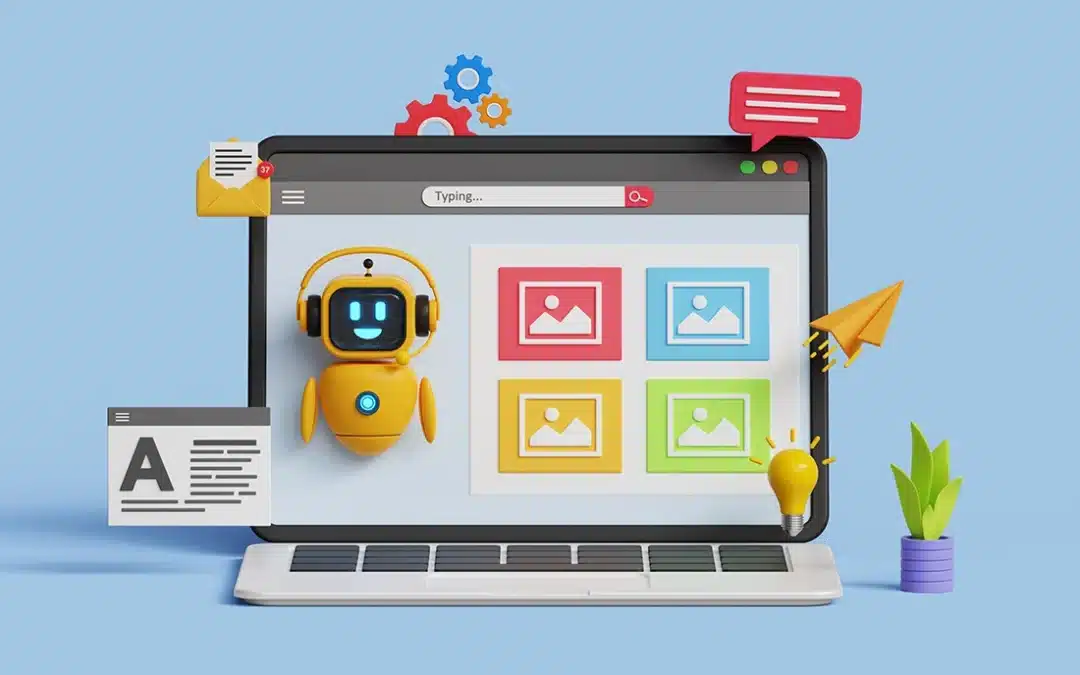Most businesses do not have software development experts on staff. Perhaps you have an IT staff, but IT and software development are very different animals. As a result, new software projects become the responsibility of marketing departments, or other invested managers.
Because the majority of business people use websites and phone apps all the time, they often FEEL like they have an idea of what makes a good app. But the problem is that the process of building these now-ubiquitous tools is mostly hidden from the view of the general user. Everyone has a good idea of how a house is built, because you drive past houses in various states of construction all the time. However, you probably wouldn’t think you’re qualified to be a project manager on a construction project would you?
So herein lies the problem: If you have never built software before, or have a solid foundation in computer science, how will you be able to manage the development of a new application? Never fear! There are plenty of things that you can do to better prepare yourself to work with software developers.
- Really examine sites and apps that you like
Yup, as simple as it sounds, start looking at designs that you like. Have a good idea of the kind of look-and-feel you’re going for. Make sure you pick something that will suit your target demographic:
- Know your market
This one should be obvious, but let’s touch on it quickly. You probably don’t want to ask your engineer what she thinks of your app idea. Or ask your software project manager if they think that your customers will like your new we application. This is the one aspect of the process where you will be the expert. Speak to your potential users, ask them what they want. Have a good idea of what your average user will look like from a demographic, educational, and socio-economic viewpoint. Being able to tell your developers who will be using the application will go a long way in helping them know exactly what to build.
- Draw your own wireframes
Wireframes are sketches of an application, or a blueprint if you’d prefer. These don’t have to be perfect, but they’ll make a huge difference to your own understanding of your application, and save you time and money
- Learn a little about databases
Programing is quite complex and difficult for most people. I’m not advocating that you learn to code (although doing a few online course will help you understand the process), but knowing a little bit about how databases work will go a long way. Have a look at https://www.codeschool.com/courses/try-sql – it’s a free class on SQL (the language of most databases). Having an understanding of how your data will be stored will help you think about what is possible with an application.
- Be flexible
Know what you want, but take advantage of the expertise of your developers. They have done this before, and have likely seen a lot of patterns in what works and what doesn’t. Use that to your advantage.
- Budget
Have a good idea of how much you want to spend. Telling your developer what your budget is will allow them to help you plan your phases of development. Most programmers are not going to quote you whatever your budget is, minus $1. They know what their time is worth, and can plan appropriately.


